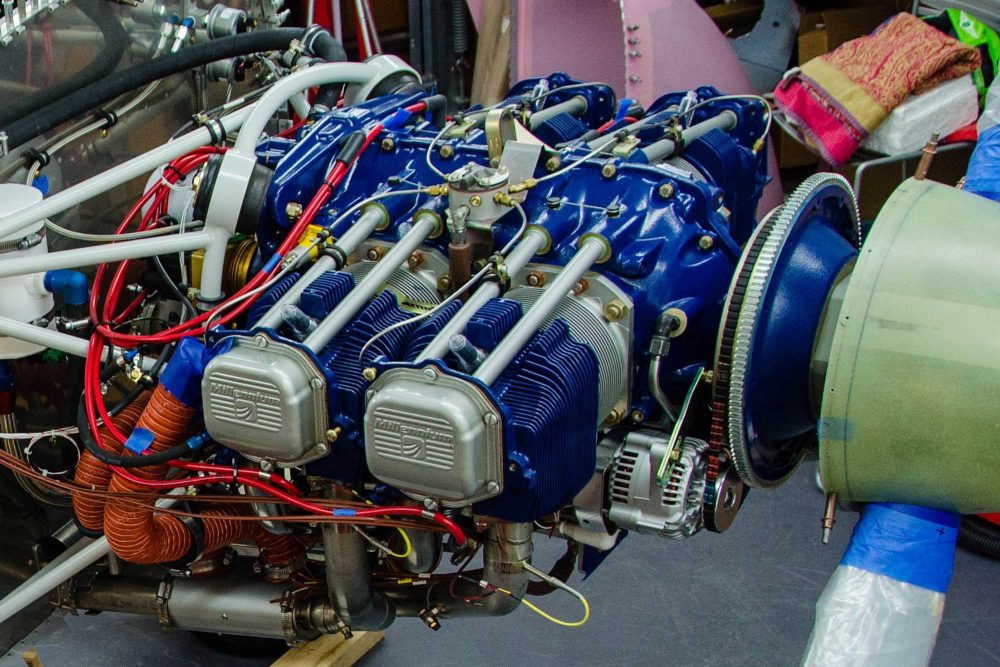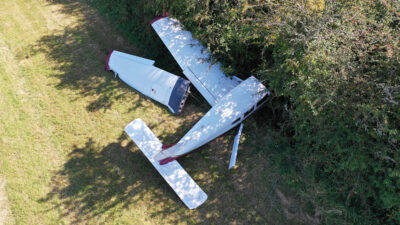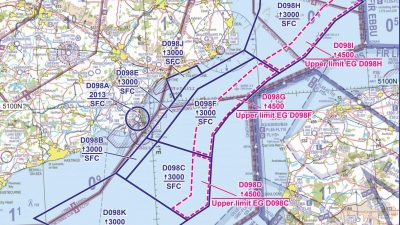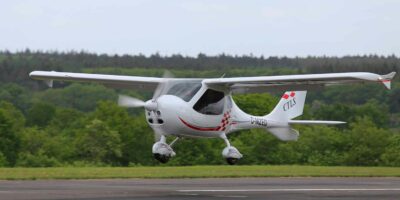A batch of faulty crankshafts has prompted an Airworthiness Directive requiring aircraft fitted with engines containing the components to replace them within 25 flying hours – at an estimated cost of $15,000 per engine.
The AD, issued by the FAA and adopted by EASA, was prompted by three crankshaft assembly failures that resulted in the loss of engine power and immediate or emergency landings. The AD requires the removal from service of all affected crankshaft assemblies, said the FAA. It comes into effect on 15 January 2021.
The engines affected are Superior Air Parts (SAP) Model IO-360-series and O-360-series and certain Lycoming Model AEIO-360-, IO-360-, and O-360-series reciprocating engines with a certain SAP crankshaft assembly installed.
The FAA says the crankshaft assembly failures resulted from the manufacturing process during 2012 and 2014 causing excessive residual white layer of iron nitride forming on the assemblies. This white layer is brittle and can lead to spalling or fatigue cracking of the crankshaft assembly as a result of the normal mechanical loads during engine operation.
The FAA’s analysis concluded that all three SAP crankshaft assembly failures were the result of this fatigue cracking. In each incident, the crankshaft assembly broke into two pieces. All of the incidents involved flight-training aircraft.
The FAA says that there are a total of 192 SAP crankshaft assemblies affected. Of this, 115 are estimated to be installed on type certificated aircraft and the remaining 77 are in experimental (homebuilt) aircraft.
The FAA backed up its decision with a risk analysis that indicates that 100 percent of crankshaft assembly failures will destroy the engine.
Using historical incident data, the FAA assumes that 24.4 percent of crankshaft assembly failures will result in aircraft hull loss while 22 percent of crankshaft assembly failures will result in fatalities. There would be an average of 2.1 fatalities per each crankshaft assembly accident, resulting in a total of 53 fatalities.
FLYER Editor Ed Hicks is one of those affected by the AD. Ed said, “With one of the affected crankshafts in the XP-360 engine of our RV-8, Safety Editor Steve Ayres and I were gutted when we saw the AD.
“Scott Hayes. Vice President of Sales and Marketing at Superior Air Parts has notified customers like us that they are working on a response, so along with many other affected owners, we’re hopeful we’ll have their support to help fix the problem. It’s pretty disappointing to have to contemplate removing and splitting a 50hr-old engine though.”
Superior Air Parts does have a history of looking after customers. The Texas company ran a buy-back programme for its XP-400 and XP-382 Experimental-class engines after crankshaft breakages that were believed to have been set off by detonation.
Superior Air Parts













3 comments
If a car manufacturer had to issue a recall because of a safety issue I believe they would be responsible for the costs.
How is it that in the aircraft world an AD can be issued because of a safety issue and the aircraft owner is responsible for the cost of rectifying the problem.
…because the financial implications are completely different. A recall by BMW, for instance, would cost 0.00001% of their turnover. A recall by Continental or Lycoming, might well bust the company. Also, car recalls are usually only a small percentage cost of the value of the car. In this case, it’s marginal whether or not it’s worth getting a whole new engine. Any removal and splitting of a light aircraft engine costs about 40% of the cost of a new engine – after shock loading, for instance. If I was faced with this, I’d at least have the engine zero-timed at the same time, though with a 50hr old engine, that’s a lot to swallow.
The manufacturer should replace all affected engines. The actual cost of manufacture is nowhere near the price the punter pays.
The manufacturer should then zero time those recalled engines and sell them on. The net cost will be much lower, probably 4k per engine.